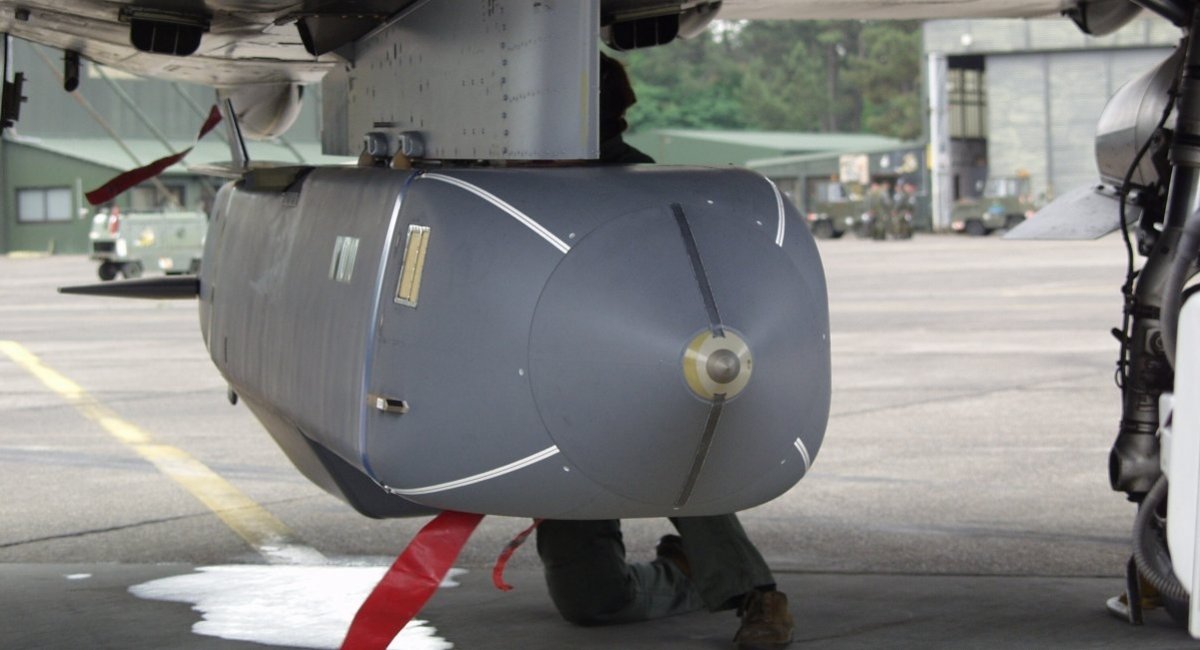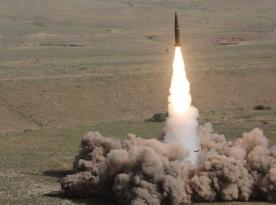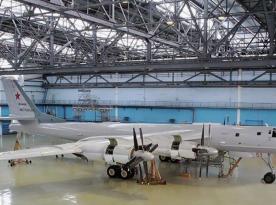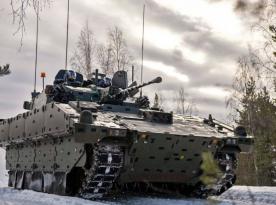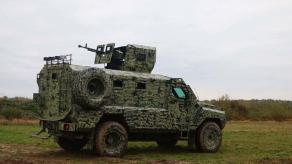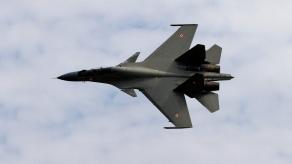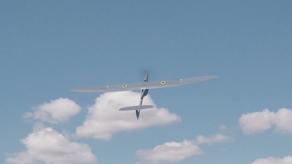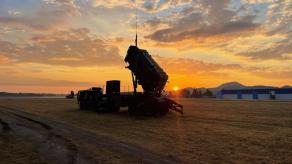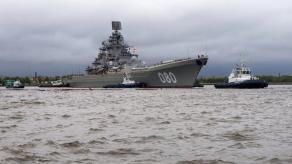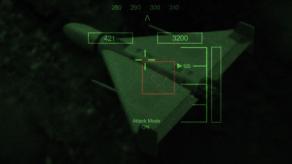From time to time, reports surface about the United Kingdom or France delivering new batches of Storm Shadow or SCALP air-launched cruise missiles to Ukraine. However, the exact quantities transferred remain confidential. That said, understanding how many of these missiles Ukraine’s allies have left in their stockpiles can give us a broader perspective on this effort.
To determine this, we could review the historical orders for these missiles. The first contracts were signed in 1997, with the UK ordering 900 Storm Shadows and France acquiring 500 SCALPs which are nearly identical. Italy ordered 200 missiles in 1999, too.
Read more: Now Official: Ukraine Permitted to Strike russia with SCALP Missiles
These three countries represent the pool of potential suppliers for Ukraine. Besides them, however, there are buyers beyond Europe who are unlikely to hand their stocks over. These include the UAE, which ordered 600 units of a specialized variant called Black Shaheen in 1997, and Greece, which purchased 90 units between 2000 and 2003.
Saudi Arabia’s 200-unit order in 2006 remains unconfirmed. Qatar procured 140 missiles in 2015, and lastly, India (2016) and Egypt (late 2010s) could have purchased the weapon alongside their respective deals on Rafale fighter jets.
In total, these contracts amount to over 2,600 units, excluding unknown numbers bought by India and Egypt. MBDA, the European manufacturer of these missiles, stated in 2017 that about 3,000 units had been produced and ordered across nine operator countries. This figure aligns with the known data, including Saudi Arabia’s presumed stock.
Ukraine, however, can realistically rely only on the stockpiles of the United Kingdom, France, and Italy, which collectively account for up to 1,600 missiles. A small portion, potentially up to 100, has already been used in various deployments, starting with Iraq in 2003.
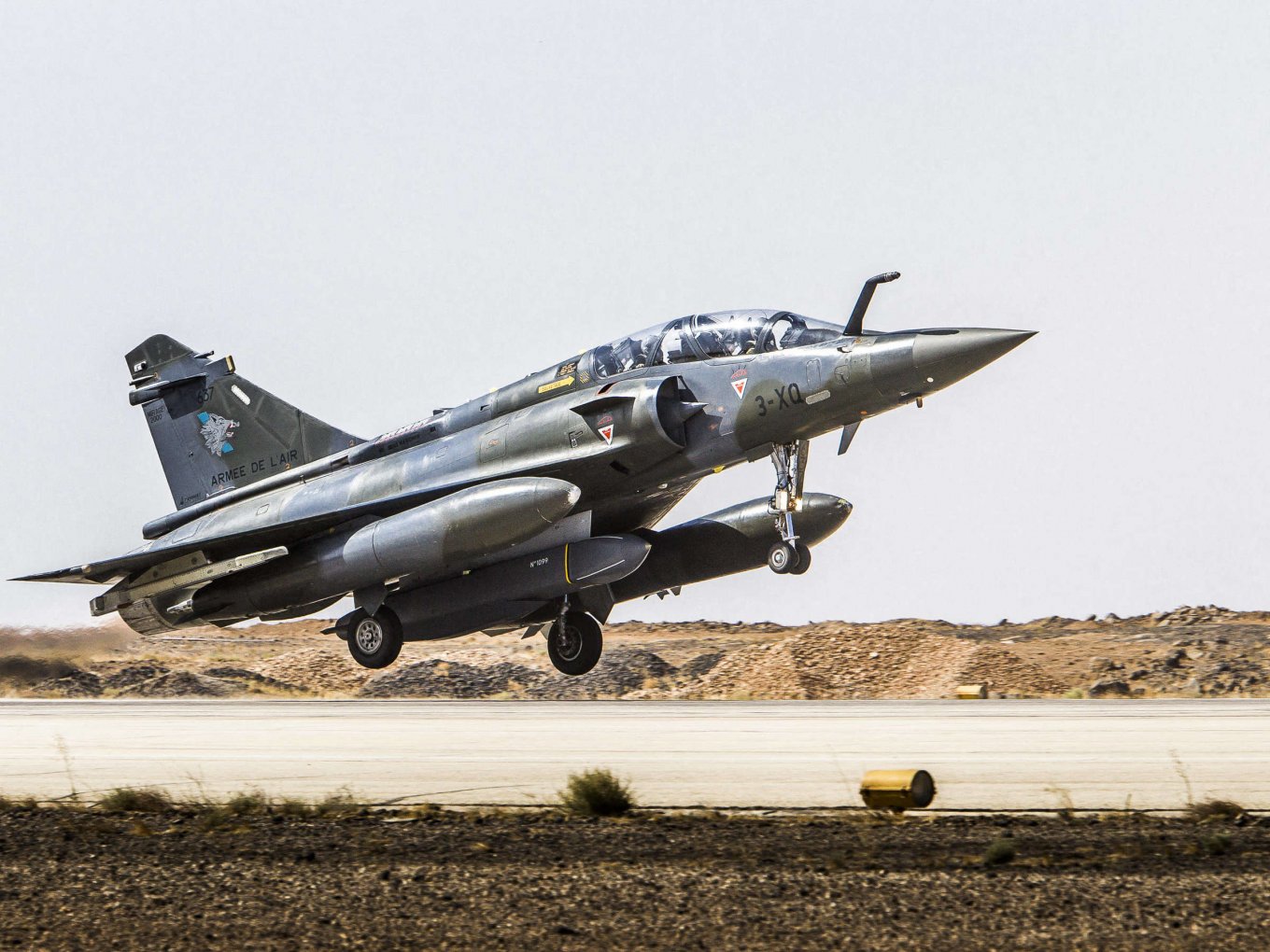
Two additional factors must be taken into account. The first is refurbishment and maintenance. France and the UK had initiated mid-life overhauls in 2017, planning to deliver the first refurbished units by 2020. While initial plans may have included only part of all the missiles they needed to put back into shape, it is likely that these programs were expanded after 2022.
The second factor is the potential for new production. Most export customers likely received newly manufactured missiles, as older stock reallocation would have left nations like France without SCALPs at all. This suggests MBDA’s production lines remain active or ready for operation, enabling additional manufacturing if needed.
However, neither London, Paris, nor MBDA has publicly disclosed recent orders or production rates, leaving the future supply outlook unclear.
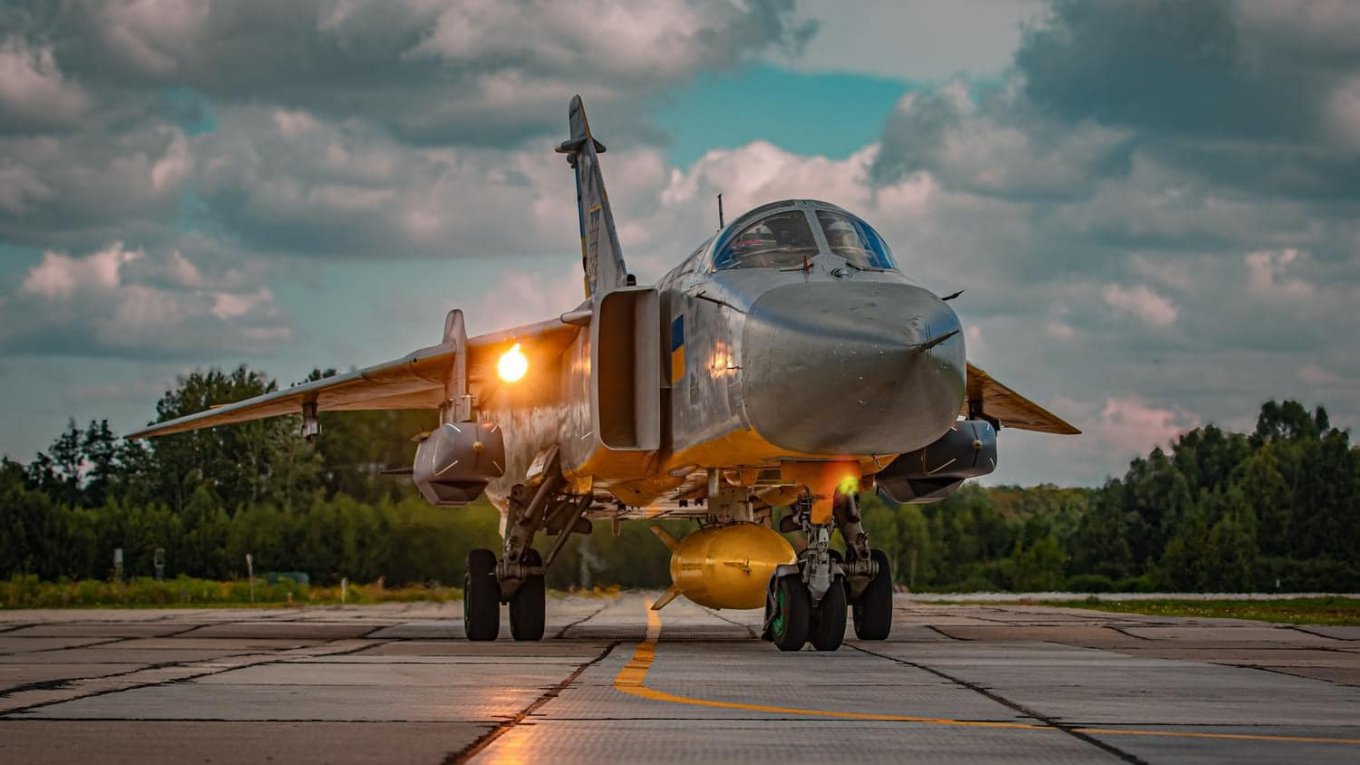
Read more: France Steps Up Providing SCALP Missiles to Ukraine While UK Hesitates



